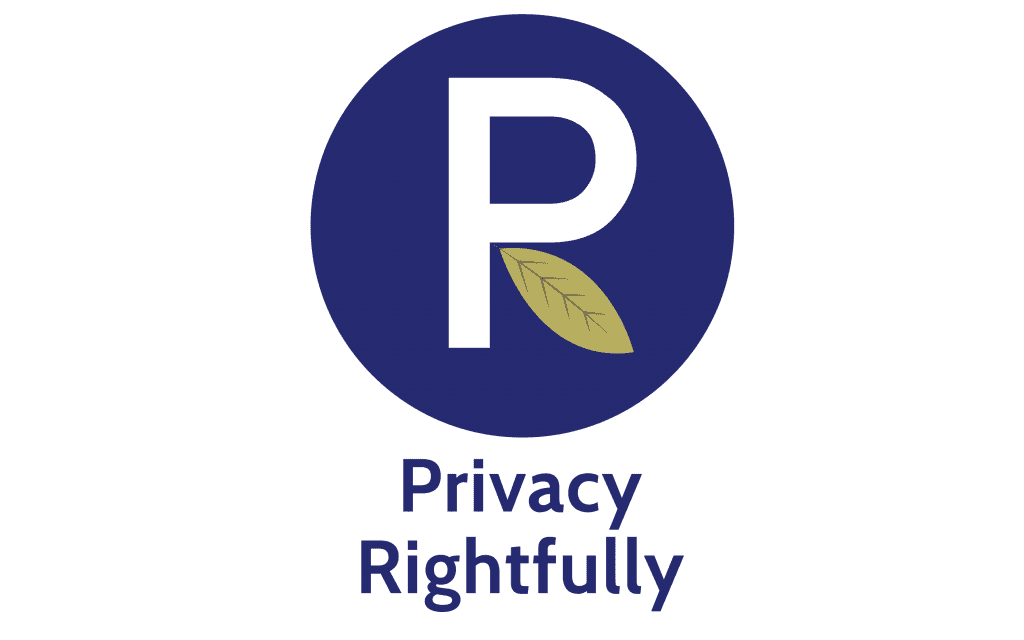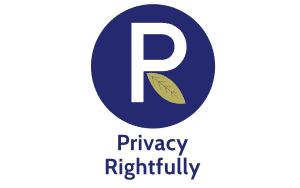Over the years the protesting landscape has changed remarkably, in particular the way protests are managed and controlled. Just about everyone in attendance has the ability to record the events as they see them thanks to smart phones, this is referred to as ‘sousveillance‘.
This is often thought of from the perspective of law enforcement, campus security and building security as their response is caught on camera. Before the age of smart phones, it was up to camera crews and the odd camera of a protestor that could capture police heavy handedness toward protestors (and vice versa). That’s not to say law enforcement had an easier job to manage protests (indeed the 1968 racial protests and riots reached similar heights to todays George Floyd protests). However, it can be argued both law enforcement and protestors could get away with more.
The topic of how mobile phones have changed the protesting landscape and made these events completely open and transparent to the viewing public serves only as a preface of this piece. Indeed, that has been written about ad nauseam and we would suggest serves as common sense. This change regarding our access to enabling technologies is also married to a change in how society views protesting. In the 1960s the public was far less sympathetic to protestors and civil disobedience than it is today and today we are immersed in outrage culture and cancel culture. Indeed, the comparison of 1968 and 2020 race protests has seen a change from violence encouraged against protestors to violence encouraged against law enforcement (yes, other factors are at play too) – the script has basically flipped.
With more people taking part in protests as they are increasingly more outraged at or by our culture and current affairs, the public is becoming more sympathetic to protesters so there may well be a growing aura of invincibility amongst protestors. In this article we want to speak to some of the things you should think about before and during your attendance at a protest, demonstration or march (or if you live, work or are travelling near one) and if you’re concerned about your privacy, what you could do about it.
Things to think about
Automated license plate readers: law enforcement can use these to detect the number plates of the cars travelling to and from a place of protest, identify the owner and update it to a central database. Use rideshare or public transport instead.
Facial, iris & tattoo recognition cameras: Any camera at a protest can be a image recognition camera. Wear a breathing mask or sunglasses and cover any tattoos with a long sleeve shirt or arm sleeve. If you have coloured hair think about wearing a hat, scarf, or gloves.
Social media monitoring: Police departments tend to scour hashtags and digital interactions of organised protest groups almost like an uncover police officer, but online. Restrict all of your social media privacy settings and change your name and profile photo as you join these social media events. Alternatively and ideally, don’t join the event page and mark it in your own diary or calendar.
Social media sharing: Be mindful of being checked-in, tagged or photographed for social media at a protest and the privacy settings of those images. This is especially relevant if your name can be traced to your LinkedIn profile and thus your place of work for example. If you live alone it may also signal your home is empty for burglary.
Bank cards: These are obviously a long-term identifier of where you were on a certain day and at what time. Take cash with you instead and use that to purchase refreshments.
Mobile phone: This one is obvious, and the best thing is to leave your phone at home which is easier to do if protesting with a group of friends (assuming they bring theirs). Other options are to set it flight mode or bring a burner phone, but these aren’t as non-identifiable as just not bringing one. The various ways your phone does you a disservice on this topic and the various changes to settings you can make to avoid being tracked is a world of content for another article, which we will produce in the future.
There are also greater considerations outside of the above, being associated with a particular cause can result in blatant discrimination. For example, your employer may have the opposing view and limit your career progression (whilst such discrimination is illegal in many jurisdictions, the risk still exists (and is difficult to prove). This is also worth thinking about when you discuss what you did on the weekend with your colleagues on Monday morning.
Beyond that you also open yourself up to doxxing if you are a leading protester or the face of a particular cause. The impact of doxxing has far reaching consequences beyond your personal safety, it will no doubt impact your family and your employer will likely hear about it too.
Long term if you are passionate about a cause it is worth thinking about separating your private and public profiles. This is even more important if you have a public facing persona such as a Real Estate Agent or Business Coach – roles that demand a clean reputation to build trust with potential clients. Having it link or associate with divisive causes may cause you reputational and financial damage. Consider separating the two personas including using different email accounts for the setting up of your business and private profiles, websites and social media accounts. Don’t forget to use a VPN for the public profile, ensure you don’t identify yourself within it or link it to your private profile. Whilst a motivated bad actor looking to dox or blackmail you will eventually find your private or professional profiles online, don’t make it easy!
Conclusion
This isn’t an exhaustive list, but it is comprehensive enough for you the reader to know what you need to think about when preparing to attend a protest. Most people have a cause which is passionately close to their heart or a positive change they want to help impact on the world, and we hope this article doesn’t deter you from following it. As we wrote this piece, we thought it could detract someone’s participation but in most countries the freedom to protest is part of the law of the land. We don’t condone anyone breaking the law in any way but certainly don’t want to discourage you from attending protests, marches or demonstrations for things you believe in assuming you live in a country where it is legal to do so.
The thoughts in this article shouldn’t exclude your participation, they just give you things to think about before you do participate.
This article is written in line with our Terms & Conditions and Disclaimer. As such all content is of a general nature only and is not intended as legal, financial, social or professional advice of any sort. Actions, decisions, investments or changes to device settings or personal behaviour as a result of this content is at the users own risk. Privacy Rightfully makes no guarantees of the accuracy, results or outcomes of the content and does not represent the content to be a full and complete solution to any issue discussed. Privacy Rightfully will not be held liable for any actions taken by a user/s as a result of this content. Please consider your own circumstances, conduct further research, assess all risks and engage professional advice where possible.

